Are you ready to take your coaching business to the next level?
In the competitive world of coaching, it’s essential to have a strong online presence to attract clients and stand out from the crowd. That’s where digital marketing and SEO services come in. By mastering these strategies, you can revolutionize your coaching business and achieve unprecedented success.
With digital marketing, you can create a powerful online presence that captures the attention of your target audience. From crafting compelling content to engaging with potential clients on social media, digital marketing techniques can help you build a loyal following and establish yourself as an authority in your field.
But it doesn’t stop there. SEO services play a crucial role in driving organic traffic to your website. By optimizing your website for search engines, you can improve your visibility in search results and attract potential clients who are actively searching for coaching services.
The importance of digital marketing for coaching businesses
In today’s digital age, the significance of digital marketing for coaching businesses cannot be overstated. With a vast majority of potential clients turning to the internet to find services, having an effective online marketing strategy is crucial. Digital marketing allows coaches to reach a wider audience, engage with potential clients, and showcase their expertise. As competition grows, those who fail to adapt to the online landscape risk being left behind. By investing in digital marketing, coaches can position themselves as leaders in their niche and attract clients who resonate with their coaching style.
Digital marketing encompasses various strategies, including social media marketing, email campaigns, and search engine optimization (SEO). Each component plays a vital role in how coaches present themselves online. For instance, social media platforms provide coaches with the opportunity to share valuable content, engage in discussions, and connect with potential clients on a personal level. This engagement fosters trust and credibility, essential components when clients are choosing a coach to guide them through their personal or professional challenges.
Understanding SEO and its role in digital marketing for professional coaches
Search Engine Optimization (SEO) is a crucial element of digital marketing that enhances a website’s visibility on search engines like Google. For coaching businesses, effective SEO means that potential clients can easily find their services when searching for relevant keywords. Understanding the principles of SEO is essential for coaches who want to attract organic traffic to their websites. By optimizing their online presence for search engines, coaches can ensure that they are seen by individuals actively seeking coaching services, leading to increased inquiries and, ultimately, clients.
Benefits of utilizing digital marketing and SEO services for coaching businesses
Utilizing digital marketing and SEO services presents numerous benefits for coaching businesses, significantly impacting their growth trajectory. One of the most notable advantages is reaching a targeted audience effectively. Through precise targeting techniques, such as audience segmentation and tailored content, coaches can connect with individuals who need their specific services. This targeted approach not only increases the likelihood of conversion but also fosters a more engaged community around the coaching practice.
Key components of a successful digital marketing strategy for coaching businesses
A successful digital marketing strategy for coaching businesses hinges on several key components that work together to create a robust online presence. First and foremost, identifying the target audience is essential. Coaches must understand who their ideal clients are, including their demographics, interests, and pain points. This understanding allows for creation of tailored content and marketing messages that resonate with potential clients, making it more likely for them to engage and convert.
Content creation is another critical component of an effective digital marketing strategy. Coaches should focus on producing high-quality, valuable content that addresses the needs and challenges of their target audience. This content can take various forms, including blog posts, videos, podcasts, and social media updates. By consistently providing helpful information, coaches can build trust and credibility with their audience, establishing themselves as experts in their field. Additionally, incorporating SEO best practices into content creation ensures that this valuable information reaches a broader audience through organic search traffic.
Conducting keyword research for coaching businesses
Keyword research is a foundational element of any successful SEO strategy, particularly for coaching businesses looking to enhance their online visibility. This process involves identifying the phrases and terms potential clients use when searching for coaching services. By understanding these keywords, coaches can tailor their website content and marketing efforts to align with what their audience is searching for. Effective keyword research begins with brainstorming potential search terms that relate to the coaching niche, such as “life coach,” “business coaching,” or “wellness coaching.”
On-page optimization techniques for coaching websites
On-page optimization is a critical aspect of SEO that focuses on improving individual web pages to rank higher and earn more relevant traffic. For coaching businesses, effective on-page optimization can make a significant difference in attracting potential clients. One of the most fundamental techniques is ensuring each web page has a unique and descriptive title tag and meta description. These elements not only inform search engines about the page’s content but also play a crucial role in enticing users to click through from search results.
Off-page optimization strategies to increase online visibility for coaching businesses
Off-page optimization refers to activities conducted outside of a website to improve its ranking on search engines. For coaching businesses, implementing effective off-page strategies enhances online visibility and credibility. One of the most potent off-page strategies is building a robust backlink profile. Backlinks are links from other websites pointing to your site, serving as a vote of confidence in your content. Coaches can achieve this by guest posting on relevant blogs, participating in industry forums, and collaborating with other professionals to create high-quality content with links to their sites.
Social media marketing for coaching websites
Social media marketing also plays a vital role in off-page optimization. Coaches can extend their reach and connect with a broader audience by actively engaging on platforms like Facebook, Instagram, and LinkedIn. Sharing valuable content, engaging with followers, and participating in discussions can help establish a coach’s authority and drive traffic back to their website. Additionally, social media can amplify content reach, increasing shares and potential backlinks from other sites.
Online reviews and testimonials are another crucial factor in off-page optimization. Positive reviews on platforms like Google My Business, Yelp, or specialized coaching directories can significantly influence potential clients’ decisions. Coaches should actively encourage satisfied clients to leave reviews and ensure they respond to feedback, both positive and negative. This engagement not only builds trust with potential clients but also signals to search engines that the business is credible and relevant. Coaching businesses can enhance their visibility and attract more clients by employing these off-page optimization strategies.
The role of content marketing in driving traffic and conversions for coaching businesses
Content marketing is a powerful strategy for coaching businesses to drive website traffic and convert visitors into clients. Coaches can attract their target audience and establish authority in their niche by creating high-quality, informative, and engaging content. This content can take various forms, including blog posts, videos, podcasts, and infographics. When potential clients find valuable information that addresses their challenges, they are more likely to trust the coach and consider their services.
One effective content marketing strategy is to develop a blog that offers insights, tips, and advice related to coaching. Coaches can improve their website’s SEO and increase organic traffic by regularly publishing blog posts that resonate with their audience. Additionally, incorporating relevant keywords into these posts can enhance visibility on search engines, ensuring that potential clients can easily find the content. Coaches should also consider creating evergreen content—timeless resources that remain relevant over time, providing ongoing traffic and engagement.
Moreover, content marketing can significantly impact conversion rates. By including clear calls-to-action (CTAs) within the content, coaches can guide readers toward specific actions, such as signing up for newsletters, booking consultations, or downloading resources. Additionally, showcasing client testimonials and success stories within the content can enhance credibility and encourage potential clients to take the next step. By strategically leveraging content marketing, coaching businesses can not only drive traffic but also convert that traffic into loyal clients.
Our Digital Marketing and SEO strategies for personal coaching professionals
We’ve written helpful SEO and digital marketing guides for personal coaches. In this guide, we delve into the world of SEO & digital marketing for personal coaching professionals, breaking down the process and providing practical steps to enhance your online visibility.
View the SEO & Digital Marketing Guide for Personal Coaches here.
Choosing the right digital marketing and SEO agency for your coaching business
Choosing the right digital marketing and SEO agency is a critical decision for coaching businesses aiming to enhance their online presence. The first step is to research potential agencies thoroughly, looking for those with a proven track record in the coaching industry or similar fields. Reviewing case studies, client testimonials, and the agency’s portfolio can provide valuable insights into their expertise and effectiveness. It is essential to ensure that the agency understands the unique challenges and opportunities within the coaching sector, as this knowledge will play a crucial role in the partnership’s success.


